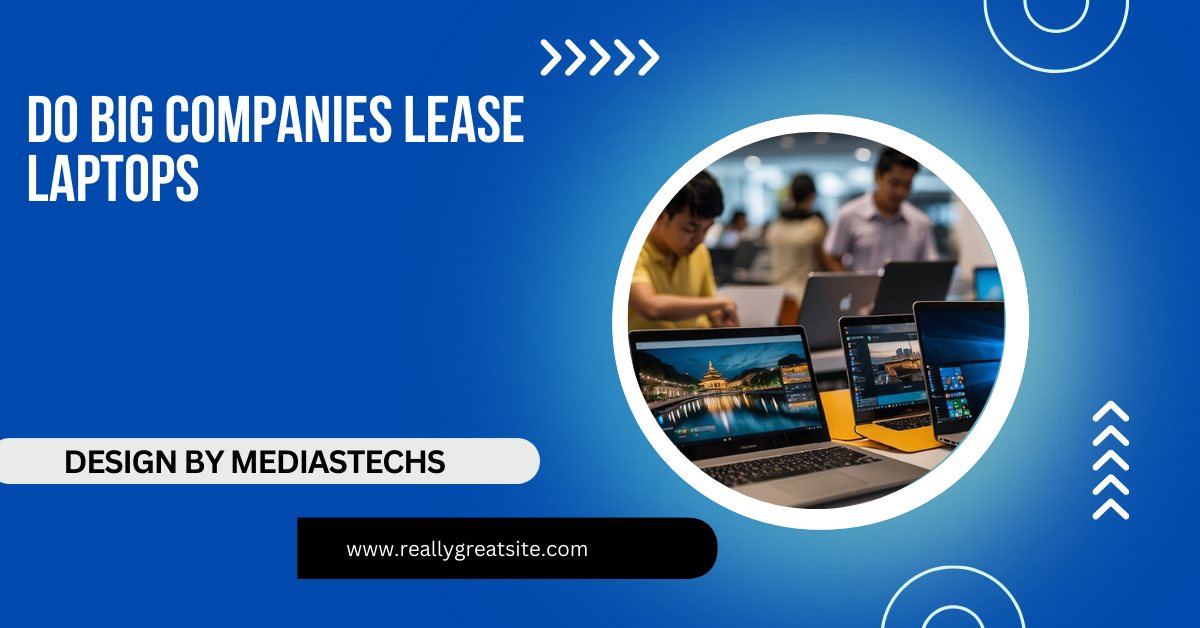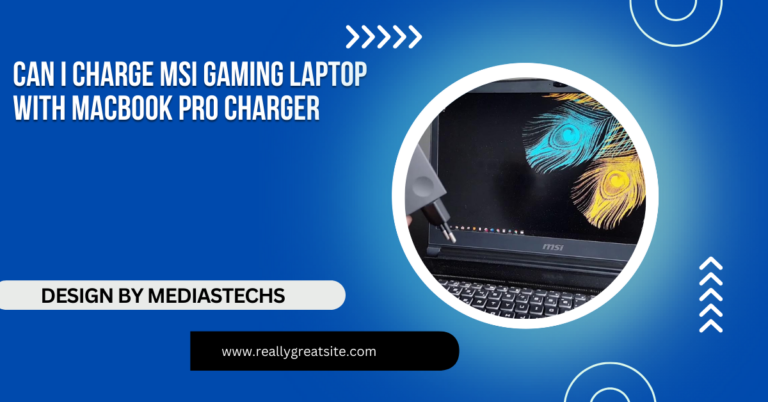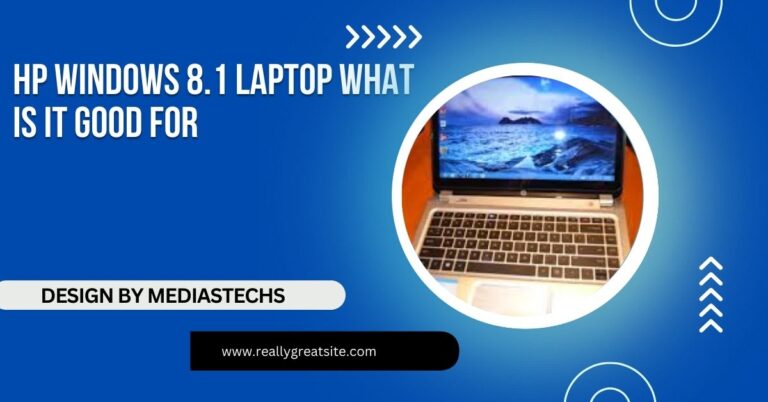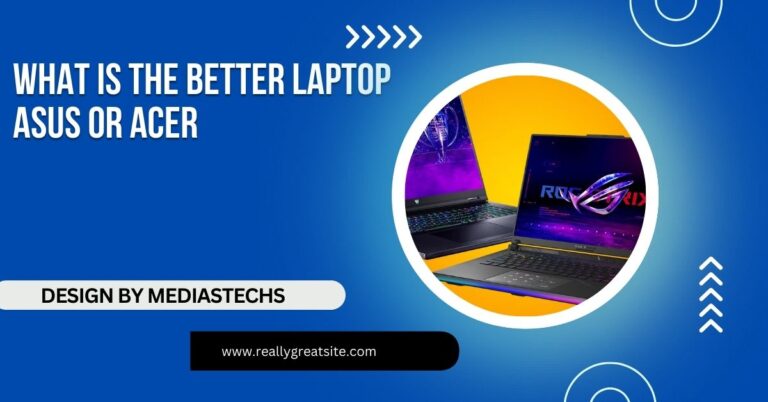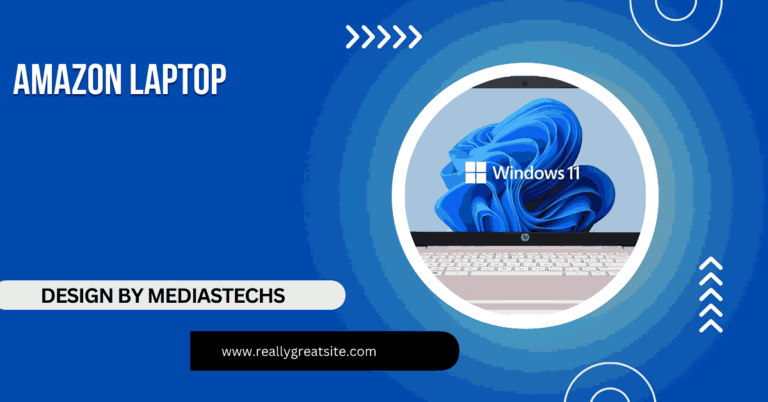Do Big Companies Lease Laptops – A Guide for Big Companies!
Discover why big companies lease laptops, including benefits like cost efficiency and access to the latest technology. Learn how leasing helps organizations adapt.
In this article, we explore why big companies choose to lease laptops instead of purchasing them. We discuss the key benefits of leasing, such as cost efficiency, access to the latest technology, and flexibility for growing businesses. Additionally, we provide insights on important factors to consider when deciding between leasing and buying laptops.
Understanding Laptop Leasing:
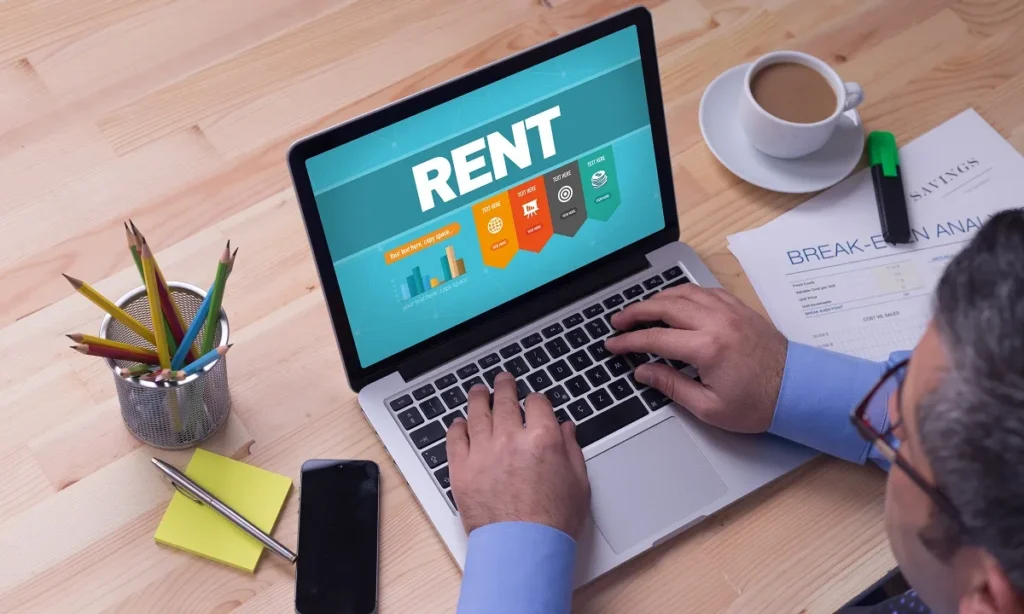
Laptop leasing refers to the process of renting laptops for a predetermined period, typically ranging from one to three years. This arrangement allows companies to use the latest technology without the hefty upfront costs associated with purchasing new devices. At the end of the lease term, organizations can choose to return the laptops, purchase them at a residual value, or renew the lease for newer models.
Leasing agreements often include specific terms regarding maintenance, upgrades, and support, which can significantly impact a company’s decision to lease versus buy.
Why Do Big Companies Lease Laptops?
1. Cost Efficiency:
One of the primary reasons big companies opt for laptop leasing is cost efficiency. Leasing allows organizations to spread the costs over time, making it easier to manage cash flow. This can be particularly beneficial for businesses that need to invest in multiple devices simultaneously. For example, a company expanding its workforce may need to lease dozens of laptops to ensure that every employee has the necessary tools to perform their jobs effectively.
Moreover, leasing often requires less capital upfront compared to purchasing, freeing up funds for other crucial business initiatives. Businesses can allocate these savings toward marketing, product development, or hiring new talent, thereby enhancing their overall growth potential.
2. Access to Latest Technology:
Technology is constantly evolving, and keeping up with the latest advancements can be a challenge for many organizations. By leasing laptops, companies can ensure they always have access to the most recent models with the latest features. This is particularly important in industries where cutting-edge technology can provide a competitive edge.
For instance, a design firm may require high-performance laptops with advanced graphics capabilities to run the latest design software. Leasing allows the company to refresh its hardware regularly, ensuring employees work with the best tools available.
Read More :http://Costco Laptops – Deals, Benefits & Top Picks!
3. Flexibility and Scalability:
Leasing offers businesses flexibility in terms of adjusting their technology needs as they grow. If a company anticipates an increase in its workforce, it can easily lease additional laptops without the burden of a large upfront investment. Conversely, if the workforce shrinks, companies can return the leased devices without facing financial penalties associated with owning obsolete equipment.
This adaptability is especially vital in today’s rapidly changing business environment, where companies must pivot quickly to respond to market demands. Seasonal businesses, for example, may need to scale their technology resources up or down based on demand fluctuations, making leasing an ideal solution.
4. Maintenance and Support:
Many leasing agreements include maintenance and support services, reducing the burden on internal IT teams. This means that if a laptop malfunctions, the leasing company often takes care of repairs and replacements, ensuring minimal downtime for employees.
By outsourcing maintenance and support, companies can focus on their core operations rather than managing technology issues. This is particularly beneficial for organizations without a dedicated IT department, allowing them to leverage the expertise of the leasing vendor.
5. Tax Benefits:
In some regions, leasing payments may be tax-deductible, providing additional financial benefits for companies. This can result in significant savings, especially for larger organizations with substantial technology needs. By consulting with a financial advisor or tax professional, companies can maximize their potential deductions and optimize their overall tax strategy.
Key Considerations for Leasing Laptops:

While leasing laptops offers numerous advantages, there are also several factors that companies should consider before committing to a leasing agreement.
1. Total Cost of Ownership (TCO):
Organizations must evaluate the total cost of ownership associated with leasing versus buying. While leasing can reduce upfront costs, it’s essential to consider the long-term financial implications. In some cases, purchasing laptops outright may be more cost-effective over time.
Calculating the TCO involves factoring in all costs associated with the laptops throughout their lifecycle, including purchase price, maintenance, support, and potential tax benefits. By comparing the TCO of leasing versus buying, companies can make informed decisions that align with their financial goals.
2. Lease Terms:
Understanding the lease terms is critical to making an informed decision. Companies should be aware of factors such as the lease duration, residual value, and any penalties for early termination. Reading the fine print can help avoid unexpected costs.
For example, if a company plans to upgrade its technology frequently, a shorter lease term may be more advantageous. However, if the company anticipates using the devices for a more extended period, negotiating a longer lease term with favorable conditions may be beneficial.
3. Future Needs:
Businesses should assess their future technology needs before entering a lease agreement. If a company anticipates rapid growth or frequent technological changes, a flexible leasing plan may be more beneficial.
Additionally, companies should consider their specific industry requirements. A tech startup may need the latest devices to develop innovative products, while a more traditional business may not require constant upgrades. Understanding these unique needs can guide leasing decisions.
Read More :http://Best Laptop Under 500 – A Comprehensive Guide!
4. Vendor Reputation:
Choosing a reputable leasing vendor is essential for ensuring quality service and support. Companies should research potential leasing partners, checking reviews and asking for recommendations to find a reliable provider.
Engaging with a vendor that has a strong track record in the industry can provide peace of mind, as they are more likely to deliver excellent customer service and support. Establishing a solid relationship with the leasing vendor can also lead to better terms and additional benefits over time.
FAQ’s
1. What are the benefits of leasing laptops for big companies?
Leasing laptops offers cost efficiency, access to the latest technology, flexibility, maintenance support, and potential tax benefits.
2. How does laptop leasing affect a company’s cash flow?
Leasing helps manage cash flow by spreading costs over time, reducing the need for large upfront investments in technology.
3. What should companies consider before leasing laptops?
Companies should evaluate total cost of ownership, lease terms, future technology needs, and the reputation of the leasing vendor.
4. Can companies return leased laptops if they no longer need them?
Yes, most leasing agreements allow companies to return laptops at the end of the lease term without facing penalties.
5. Are leasing payments tax-deductible?
In some regions, leasing payments can be tax-deductible, providing additional financial advantages for companies.
Conclusion:
In conclusion, many big companies do lease laptops as a strategic way to manage their technology needs efficiently. With benefits like cost efficiency, access to the latest technology, and flexibility, leasing can be an attractive option for organizations looking to stay competitive in today’s dynamic business landscape.
However, it’s crucial for companies to carefully consider their options, including lease terms, total costs, and future needs, to determine if laptop leasing aligns with their overall business strategy. By weighing the pros and cons, organizations can make informed decisions that best suit their technology requirements and budget constraints. Ultimately, whether leasing or purchasing, the goal is to ensure that employees have the tools they need to succeed in an ever-evolving work environment.

